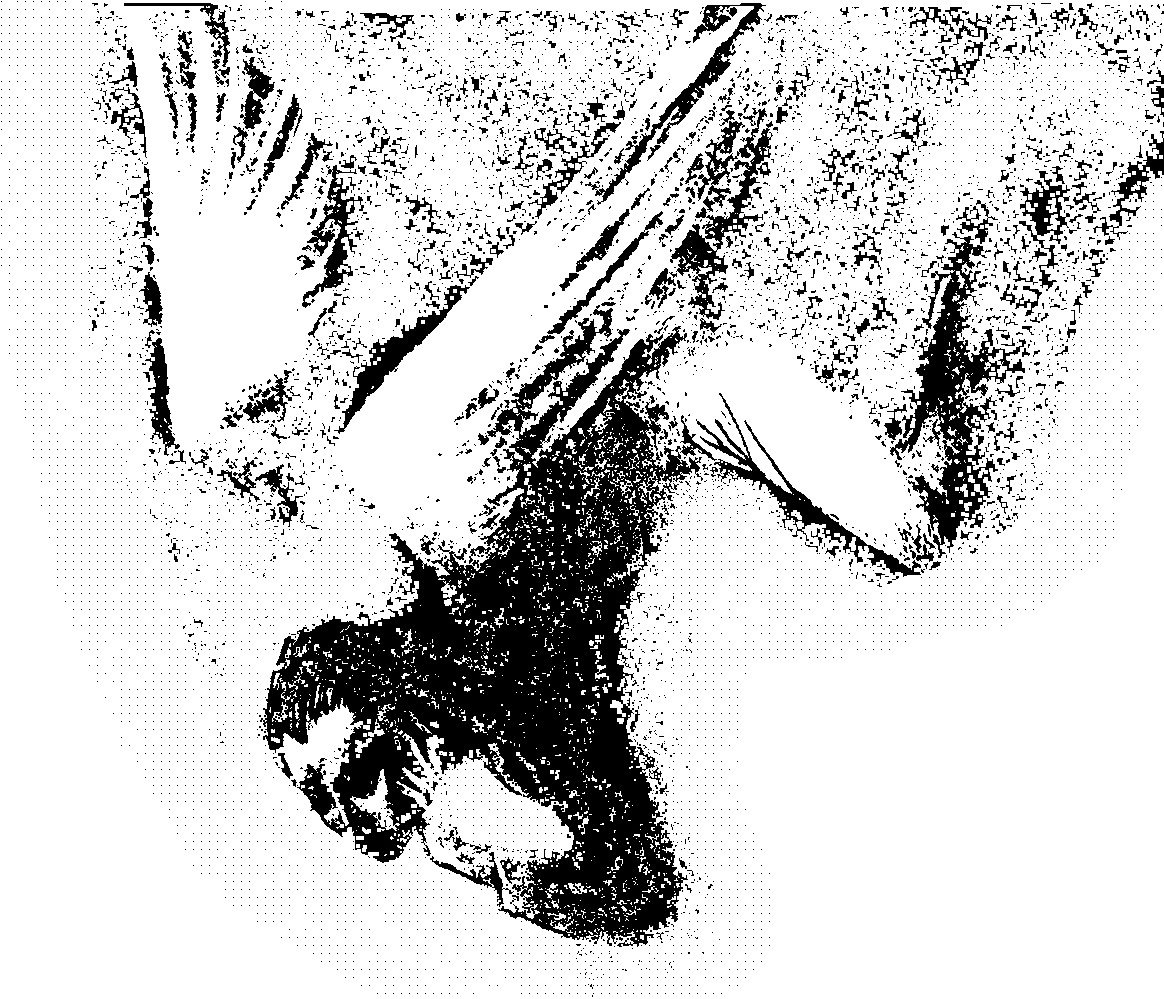by Ken Sehested
“Watch Night” services began in 1733 with the Moravian communities in what is now the Czech Republic. By 1740 John Wesley and his Methodist movement within Anglicanism had adopted the  tradition, with New Year’s Eve services ending after midnight, marked by penitence over shortcomings in the year past and resolution of greater faithfulness in the year ahead. One of the observance’s functions was to provide an alternative to the drunken revelry common in Britain on that night.
tradition, with New Year’s Eve services ending after midnight, marked by penitence over shortcomings in the year past and resolution of greater faithfulness in the year ahead. One of the observance’s functions was to provide an alternative to the drunken revelry common in Britain on that night.
The Wesleyan revivals were especially attractive to the working class. Indeed, the early Methodist emphasis on sanctification (“holiness”) did not split personal from social application. Methodist societies were active in the abolitionist movement. “The ‘General Rules’ began with the commitment to give evidence of salvation by ‘Doing no harm’ and avoiding evil of every kind,” writes Bill Wylie-Kellermann,* noting that “‘doing no harm’ is an 18th century synonym for practicing nonviolence.” Significantly, the originating Methodist conference in the US called for the expulsion of any member participating in the slave trade, though the press of economic forces gradually weakened the tradition’s abolitionist convictions.
Read more ›

 amid that unruly, precarious land beyond
amid that unruly, precarious land beyond ¶ A full moon will rise on Christmas for the first time since 1977, only the ninth in US history. The next coincidence won’t occur until 2034.
¶ A full moon will rise on Christmas for the first time since 1977, only the ninth in US history. The next coincidence won’t occur until 2034.